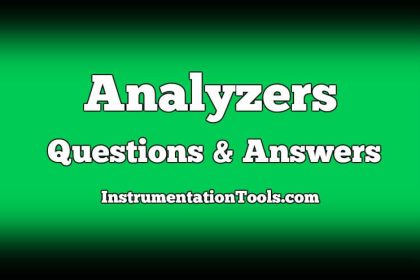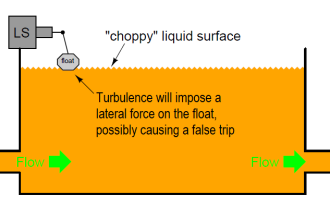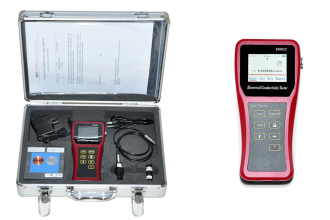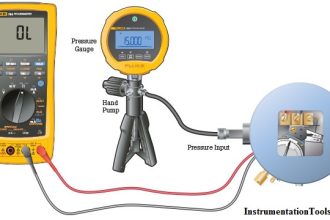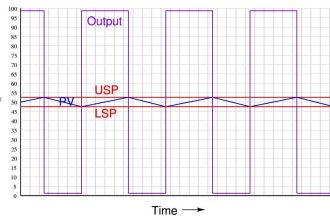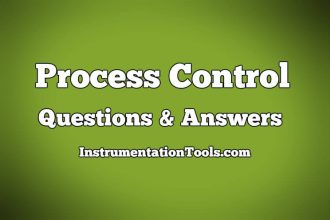Preliminary Considerations of Classical Design
1. The most important consideration for designing of control system are:
a) Transient response measures
b) Steady state error
c) Temporary response
d) Final response
Answer: c
Explanation: The important point to keep in mind for designing control system are the transient response and steady state response as for designing a control system both of the responses are used in detail. .
2. Steady state error is usually specified in terms of :
a) Error constants
b) Damping factor
c) Speed of response
d) Bandwidth
Answer: a
Explanation: Steady state error is the error that is specified as the time approaches infinite and value approaches the final value and specified mainly in terms of error constants that are mainly position, velocity and acceleration error constants.
3. Transient response measure is usually specified in terms of :
a) Error constants
b) Damping factor
c) Speed of response
d) Both b and c
Answer: d
Explanation: Transient response is the response taken at any particular time during analysis and that is mainly specified in terms of damping factor and speed of response that is mainly settling time and rise time.
4. In time domain the measure of relative stability is:
a) Damping factor
b) Maximum peak overshoot
c) Damping factor and Maximum peak overshoot
d) Speed of response
Answer: c
Explanation: Relative stability is the measure of stability of a particular control system with respect to some reference and is measured both in time and frequency domain as in time domain it is the measure of damping factor and maximum peak overshoot.
5. In frequency domain the measure of relative stability is:
a) Resonant peak
b) Phase margin
c) Resonant peak and phase margin
d) Maximum peak overshoot
Answer: c
Explanation: Relative stability is the measure of stability of a particular control system with respect to some reference and is measured both in time and frequency domain as in frequency domain it is the measure of both resonant peak and phase margin.
6. In time domain the speed of response is measured in terms of :
a) Rise time
b) Settling time
c) Natural frequency
d) All of the mentioned
Answer: d
Explanation: The value of rise time must be less so that the speed of response of control system must be large and it depends upon the rise time, settling time and natural frequency.
7. In frequency domain the speed of response is measured in terms of:
a) Resonant frequency
b) Bandwidth
c) Resonant peak and bandwidth
d) Maximum peak overshoot
Answer: c
Explanation: The speed of response is the time to get the final response and in frequency domain it depends upon the resonant frequency the frequency at which the resonant peak is obtained and bandwidth.
8. The compensator for the system can be:
a) Electrical
b) Mechanical
c) Hydraulic
d) All of the mentioned
Answer: d
Explanation: Compensator can be of any different type but mainly electric network serves as the compensator.
9. The compensator transfer function can be placed in:
a) Cascade or series compensation
b) Feedback or parallel compensation
c) Positive
d) Negative
Answer: c
Explanation: Compensator are the devices used in frequency domain so as to get the desired response and there are various methods to place the compensators in the system as cascade or series or feedback or parallel.
10. Lead compensator speeds up the transient response and increases the margin of stability of a system.
a) True
b) False
Answer: a
Explanation: Derivative compensation are also known as the lead compensators are these make the speed of response of the system more and also the bandwidth and hence make the system more stable.







